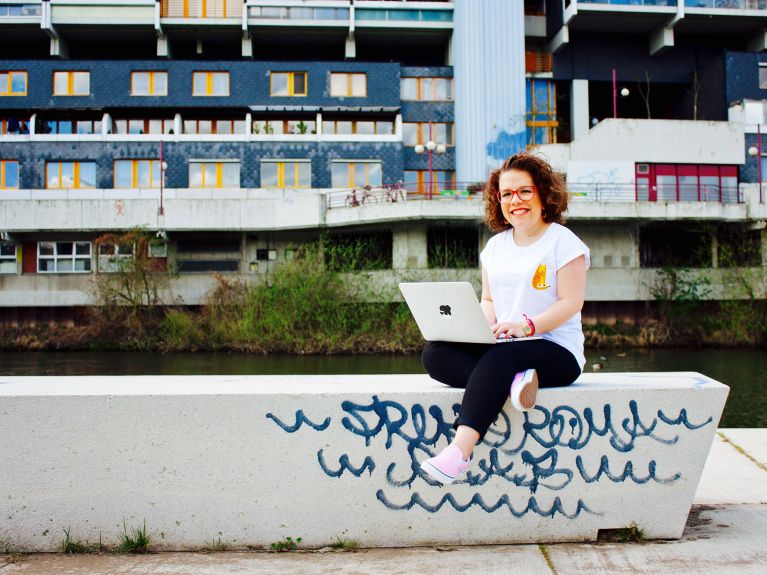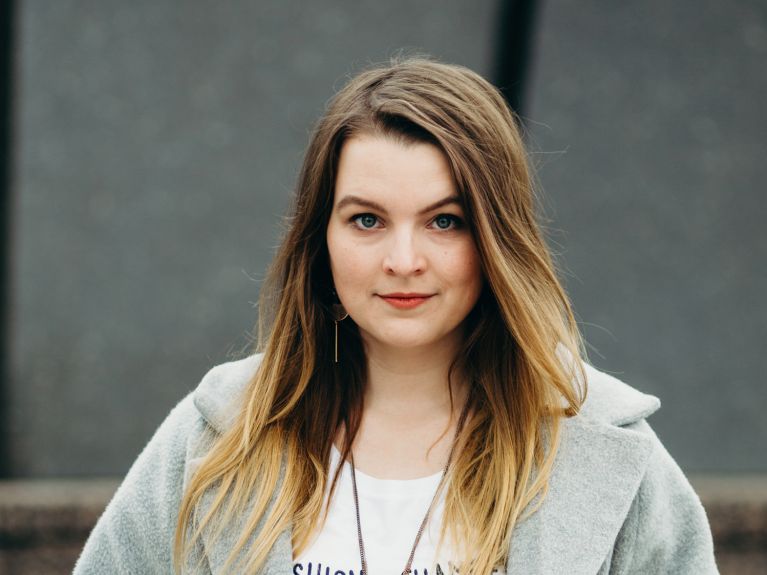It's not just about women's rights
Old questions, new ideas: what does feminism stand for today? Here's what Jana Braumüller and Ninia LaGrande have to say about it.

What does feminism mean for you both?
Jana: Feminism means fighting not only for my own rights, but for and with those who are structurally disadvantaged, for example because they belong to a minority.
Ninia: For me, feminism means equal rights for all genders – regardless of their sexuality, their body, religion or origin. Feminism must be anti-racist, anti-disabilist and anti-classist.
For me, feminism means equal rights for all sexes.
The first feminists fought for legal equality. What are the issues today?
Ninia: We have equal rights by law, but the reality is different. Current issues are #metoo, anti-racism, the swing to the right, equal pay for equal work and body politics.
Jana: In general it's about family and self-determination. And I also regard the threat posed by right-wing populists and racism as an important current topic.

Where is Germany lagging behind when it comes to equal rights?
Jana: The #metoo and #metwo debates have shown that sexual violence, continuing sexism and racism are major challenges for our society. What's more, we need to get much better at letting girls and boys grow up without role models. I also find it problematic that there are still far too few women on supervisory boards.
Ninia: In politics, too little importance is attached to feminist issues. Women still earn less than men, make up 90 percent of single parents, are more frequently poor and much more affected by violence. I even believe there are more junior ministers called Hans working for the German government than there are women.
Not Another Woman Mag by Jana Braumüller
© www.deutschland.de
